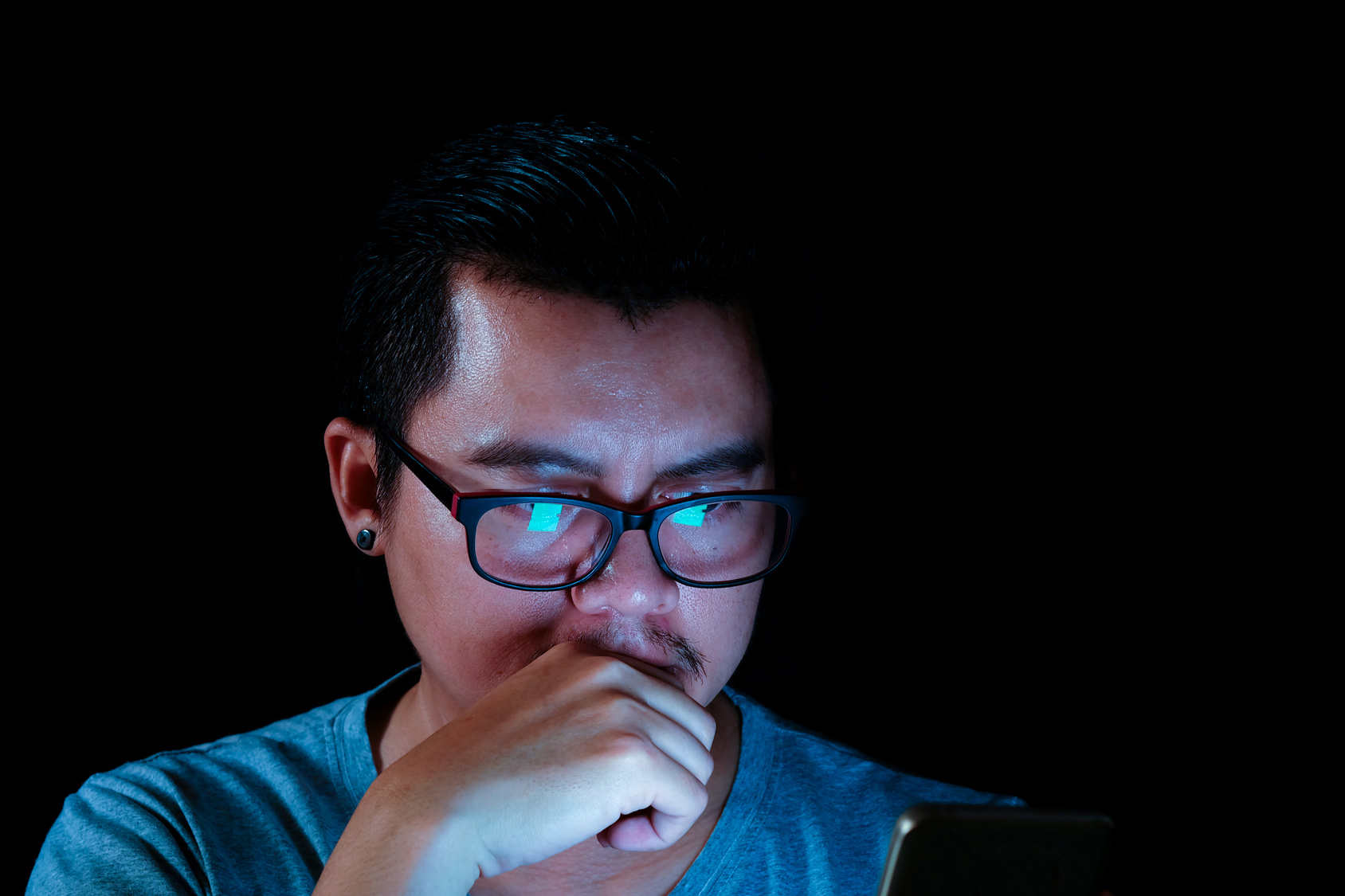Today’s technology is amazing. It means that we can answer any question with a simple query to Siri, that we can maintain important relationships across the globe, and that we can quickly find the perfect present for our significant other.
There are also drawbacks to our connected culture. Constant exposure to screens can strain our eyes and destroy our posture, which contributes to a whole host of physical ailments. But the most destructive health risk posed by technology is probably its effect on our mental health.
Heavy Social Media Use Linked to Depression
Social media can be useful because it keeps us in touch with those we care about, and it can enable communication that opens up business and life opportunities. However, it can also take a bite out of our mental wellbeing. Numerous studies have shown that social media can be addictive, just like certain substances. It also encourages us to compare our lives with others, which can quickly make us neglect gratitude and instead start feeling down about our own life conditions. It can glamorize substance abuse and enable cyberbullying. Numerous studies have found that heavy use of social media is directly correlated with depression and other anxiety disorders, especially in teens and young adults.
Information Overload Spikes Stress Levels
Some estimates state that we consume as much information in a single day as our great-grandparents did in a lifetime. News updates, tweets, and commercials bombard us every moment that we’re working on our computers or smartphones. Notifications from our favorite apps continue the information barrage even when we aren’t actively engaged online. In addition, people expecting us to be reachable at any given moment means that we’re unable to disengage from isolated obligations, often taking work home with us and running ourselves ragged on side projects.
Blue Light from Screens Interrupts Sleep Patterns
Your smartphone, computer, tablet, and television all emit blue light rays. These rays send a subconscious signal to our brain that it’s time to wake up. Therefore, staying plugged in late at night could contribute significantly to insomnia and a lower quality of sleep. At first, the disruption of your circadian rhythms may seem more like a physical health problem. But the truth is that mental and physical health are interrelated, and nowhere is this more evident than in sleep. Sleep gives us the opportunity to sort and store the information that we’ve acquired during the day. It lowers our stress response to things and helps us gain much-needed perspective. If your life is constantly sleep-deprived, your mental health is going to suffer.
Unplug and Get Some Perspective
Many people who have tried unplugging for a period of time find that they get immediate results in self-esteem, clarity, and peace. Here at Turning Point of Arnold, we placed our rehabilitation facility in a naturally isolated setting on purpose. We believe that a true retreat includes unplugging a little bit and focusing on things that matter most instead of letting a noisy society intrude on our health and recovery.


